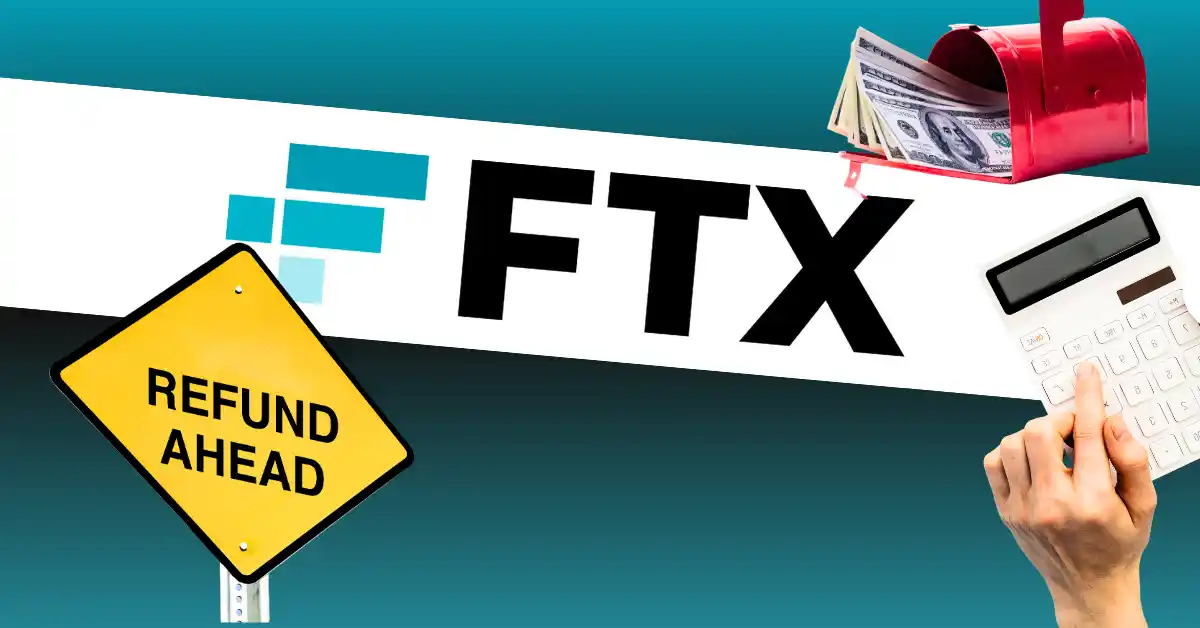The collapse of FTX, one of the world’s largest cryptocurrency exchanges, sent shockwaves through the financial world, leaving a trail of financial devastation and a complex web of legal challenges. The aftermath of this collapse has revealed a global maze of regulatory hurdles, particularly in the form of payout freezes in 49 jurisdictions. This article explores the intricacies of this issue, examining the reasons behind the freeze, the affected regions, the implications for creditors, and the potential path forward.
The Regulatory Maze: Why Payouts Are Frozen
The primary obstacle to the FTX Recovery Trust’s repayment efforts is the patchwork of global cryptocurrency regulations. Many countries have imposed strict restrictions or outright bans on crypto trading and related activities. These measures, designed to protect investors, prevent money laundering, or maintain financial stability, create significant legal barriers for the FTX Recovery Trust when attempting to distribute funds.
The Recovery Trust must ensure that payouts comply with local laws to avoid potential legal repercussions and maintain the integrity of the repayment process. This requires a thorough legal review of each jurisdiction’s crypto regulations, a time-consuming and complex endeavor. The jurisdictions affected are those where local laws either prohibit crypto trading outright or restrict access to offshore platforms.
The Global Impact: Mapping the Frozen Territories
The 49 jurisdictions impacted by the payout freeze span across several continents and include countries such as China, Nigeria, Fiji, Andorra, and Zimbabwe. While these regions represent a relatively small percentage (around 5%) of the total allowed claims, the freeze affects a significant number of individual creditors.
China, in particular, stands out due to its stringent stance against cryptocurrency. The country’s comprehensive ban on crypto trading and mining has made it exceedingly difficult for Chinese creditors to receive their reimbursements. Recent data suggests that Chinese users account for a substantial 82% of FTX claims originating from the restricted regions. This highlights the disproportionate impact of China’s crypto ban on the FTX repayment process.
The Creditors’ Dilemma: A State of Uncertainty
For creditors residing in these 49 jurisdictions, the payout freeze creates a state of uncertainty and anxiety. They are left in the dark, unsure when, or even if, they will receive their due compensation. This uncertainty is compounded by the complex legal proceedings and the lack of clear timelines for resolution.
The freeze disproportionately affects smaller creditors who may rely on these funds to mitigate their financial losses. While the FTX Recovery Trust has prioritized repayments to creditors with claims under $50,000, those in restricted regions remain excluded from this initial wave of reimbursements. This delay can exacerbate their financial difficulties and undermine their trust in the recovery process.
Navigating the Legal Labyrinth: Potential Solutions
The FTX Recovery Trust is actively seeking legal opinions to navigate the complex regulatory landscape and determine the feasibility of payouts in each of the 49 restricted jurisdictions. This involves consulting with local legal experts to assess the specific requirements and potential solutions for each country.
One possible solution is to explore alternative payment methods that comply with local regulations. This could involve converting the crypto assets into fiat currency and distributing the funds through traditional banking channels. However, this approach may be subject to further restrictions and potential delays.
Another option is to seek exemptions or special permits from the relevant regulatory authorities. This would require demonstrating that the payouts are intended to compensate creditors and do not violate the spirit of the local crypto regulations. However, securing such exemptions can be a lengthy and uncertain process.
Broader Implications: The Need for Global Cooperation
The payout freeze in these 49 jurisdictions also has broader implications for the overall FTX recovery process. It highlights the challenges of operating in a globalized world with disparate regulatory frameworks. Crypto exchanges and other financial institutions must carefully consider the legal and regulatory implications of their operations in different countries.
The situation also underscores the need for greater international cooperation in regulating the cryptocurrency industry. Harmonizing regulations across jurisdictions can help to create a more level playing field and facilitate cross-border transactions. This would reduce the risk of regulatory arbitrage and protect investors from potential fraud and misconduct.
The Road Ahead: A Cautious Outlook
The FTX repayment roadblock in 49 regions is a stark reminder of the complexities and challenges involved in recovering assets from bankrupt crypto exchanges. While the FTX Recovery Trust is working to resolve this issue, the path forward remains uncertain.
Creditors in the affected jurisdictions must remain patient and vigilant, closely monitoring developments and seeking legal advice if necessary. The ultimate outcome will depend on the ability of the Recovery Trust to navigate the complex legal landscape and find viable solutions that comply with local regulations.
A Glimmer of Hope: Towards Resolution
Despite the current challenges, there is reason for cautious optimism. The FTX Recovery Trust has demonstrated a commitment to reimbursing creditors and is actively seeking solutions to overcome the regulatory hurdles. The legal reviews underway will provide clarity on the feasibility of payouts in each jurisdiction, paving the way for a more targeted and effective approach. The situation is gradually improving, and as legal frameworks adapt and mature, the possibility of unlocking these frozen assets grows stronger. The journey may be arduous, but the destination—a fair and just resolution for all creditors—remains the unwavering goal.

